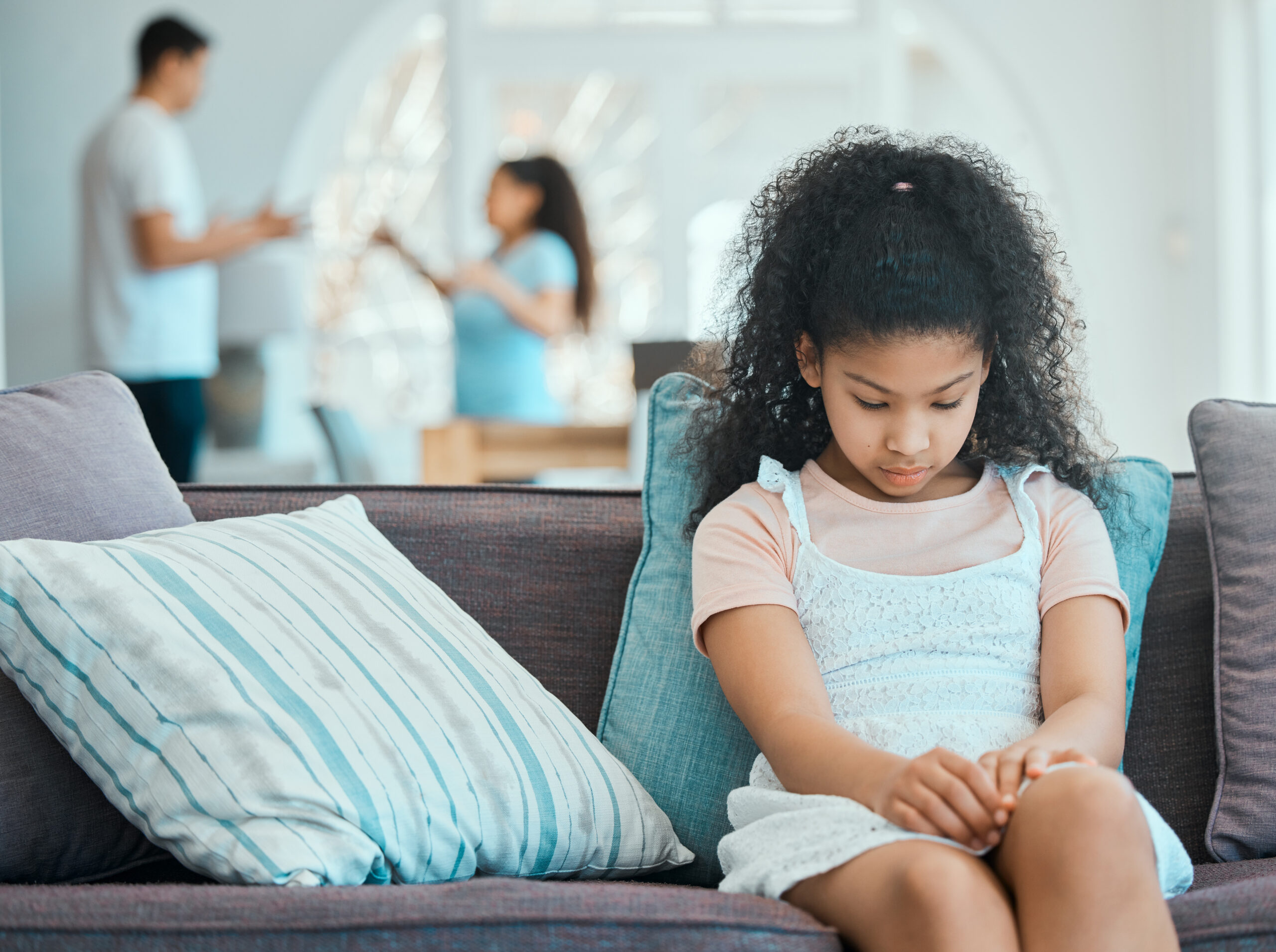Deciding to divorce is never easy, and when there are children involved, parents may face an additional level of worry. They may find themselves second-guessing their decision, thinking it would be best to stay together for the kids.
While each child is affected differently by divorce, there are ways parents can help their children throughout the process and reduce the psychological effects on their children. This article will discuss how divorce can affect children psychologically and tips that you can utilize to help your children cope with this significant life change.
How Divorce Psychologically Affects Children
The first couple years after a divorce are typically the most difficult for children. They likely experience anger, anxiety, disbelief, and distress.
Most of the time, children bounce back after they get used to the changes to their daily routines. Sometimes, however, children may experience ongoing problems after a divorce. Here are some of the ways that children can be affected psychologically by divorce.
Mental Health Issues
Children of divorce are at greater risk of mental health issues. Divorce can trigger an adjustment disorder that typically resolves itself after a few months. However, some children of divorced parents can have ongoing issues with anxiety and depression.
Behavioral Problems
Children from divorced families are more likely to externalize problems such as delinquency, impulsive behavior, and conduct disorders. Children may also have more disagreements with friends and peers after a divorce.
Problems in School
A 2019 study showed that when divorce is unexpected, children tend to have more trouble in school. On the other hand, children who expected divorce were less likely to experience these problems.
Risky Behavior
Adolescents with parents who are divorced are more likely to partake in risky behavior such as early sexual activity and substance use. Children who have been separated from their fathers have also been shown to have more sexual partners.
10 Tips to Help Children Cope with Divorce
You play a significant role in how your children adjust after a divorce. Here are some tips on how to help your children cope with the psychological effects of divorce.
1. Peaceful Co-Parenting
Fighting with your ex-spouse has been shown to cause more stress for the children involved. Children who experience screaming and threatening are more likely to experience behavior problems. So, if you’re having trouble with your ex, professional help can help you find a way to communicate peacefully.
2. Don’t Put the Kids in the Middle
When you use your kids to relay messages between parents or ask which parent they like best, you’re putting them in the middle. This can lead to anxiety and depression in children.
3. Maintain a Healthy Relationship with Your Child
Positive communication, showing your child how much you love them, and ensuring minimal conflict can help children adjust after a divorce. A healthy relationship with your child can grow their self-esteem and academic performance after a divorce.
4. Be Consistent with Discipline
While you may want to do what you can to make your children happy after your divorce, it’s essential to establish rules and follow through with the set consequences when needed. Effective discipline can help improve academic performance and reduce delinquency.
5. Monitor Teens Closely
When parents closely monitor their teens’ actions, they’re less likely to show behavioral problems after a divorce. That means the chance of your teen having difficulties in school or substance usage is decreased.
6. Encourage Your Children
When children feel like helpless victims, they’re more likely to encounter mental health problems. Teaching your child they are strong enough to handle the changes they are experiencing can empower them.
7. Teach Children Skills to Cope with the Change
When children are taught cognitive restructuring skills and problem-solving skills, they can adapt better to the changes they are going through as a result of the divorce. Teach them to manage their feelings, behaviors, and thoughts healthily.
8. Help Them Feel Safe
Children of divorce can often have a fear of abandonment and be uncertain of what is to come, which can result in anxiety. Help your child feel safe, loved, and secure to reduce clinginess and mental health risks.
9. Educate Yourself
Many programs help parents understand how to help their kids cope with divorce. These classes teach co-parenting skills to help kids adjust.
10. Seek Professional Help
Your child can feel it when you’re stressed, affecting their actions and behaviors. Be sure to practice self-care and consider therapy to help you adjust to the changes you’re experiencing from the divorce.
When You Should Seek Professional Help for Your Child
It’s normal for children to struggle with their feelings after a divorce. However, if the issues persist or worsen, therapy can help your child sort out their feelings and emotions and learn to adjust.
Support groups are also a great option. They are a place for kids of all ages to meet other children going through the same changes.
Get the Legal Representation You Deserve with Azemika & Azemika
While seeing the effects of your divorce on your children can be difficult, staying in an unhappy marriage for the sake of the children isn’t necessarily the best option. Children from homes with hostility, arguing, and seeing their parents unhappy can be at risk for behavior and mental health problems.
At Azemika & Azemika, our practice is exclusively devoted to family law. We understand that our clients are going through a difficult and emotional time. When you work with our team of expert family law attorneys, you are guaranteed knowledgeable, aggressive, and affordable legal representation for your family law case.
Contact us today to schedule a consultation.



